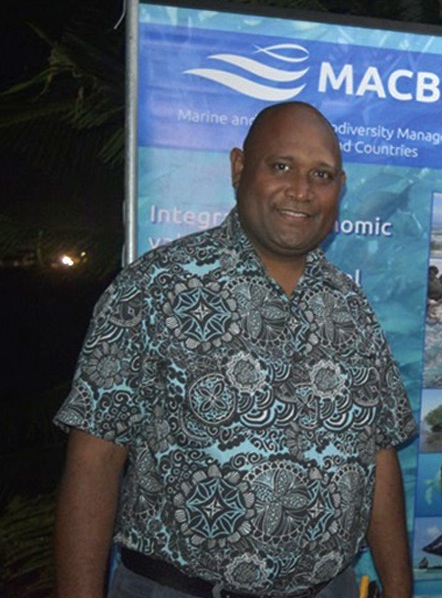BY AGNES MENANOPO
MINISTRY of Environment is getting its acts together to implement the National Management and Pollution Control Strategy 2017-2026.
The implementation of this strategy will begin this year. The date is yet to be disclosed but the carrying out of the work plan will follow its official launching.
The official launching is a follow-up of a soft launch of the strategy, which was carried out last year.
The National Management and Pollution Control Strategy 2017-2026 will carry on from the National Solid Waste Management Strategy and Action Plan 2009-2014, which has been the country’s roadmap for the improvement of solid waste management over the past five years, and has been a catalyst for many initiatives to manage waste.
In his foreword remarks on the action plan, Caretaker Minister for Environment Dr Culwick Togamana said the strategy emphasized a broad recognition that waste is increasingly a development challenge.
“Waste Management and Pollution Control Strategy 2017-2026 focuses on managing waste and controlling pollution in the natural environment for the next ten years with the vision for clean and healthy and green happy isles.
“This strategy addresses five main waste stream: Solid waste, liquid waste, hazardous and chemical waste, health-care waste and E-waste.
“It serves as a blueprint for waste management and pollution control that captures the national priorities and targets and identifies the relevant strategies to realize the priority targets in the next decade,” Mr Togamana said.
He said other prevalent waste stream such as hazardous waste and chemicals, liquid wastes, health-care and electronic wastes were not covered in the previous strategy but are becoming major concerns for the country.
He added that management of these types of wastes is crucial to ensuring the protection of the environment and people.
“The timeframe for the implementation of this strategy has come to a close, and the time has come to review the progress of its implementation, reflect on the challenges and lessons learnt and determine what the next steps will be to build on the current progress.
“The country’s increasing population, heavy reliance on imported products and changes in consumption patterns stimulated by economic growth also pose significant challenges due to the diversification of waste streams.
“Therefore, in moving forward, the Government had decided that the new strategy must encompass the management of these different waste streams.
The strategy is developed by partners and regional organizations such as Japanese International Cooperation Agency (JICA) and the Secretariat of the Pacific Regional Environment Programme (SPREP) with financial and technical contribution towards the process of formulation of this strategy.




